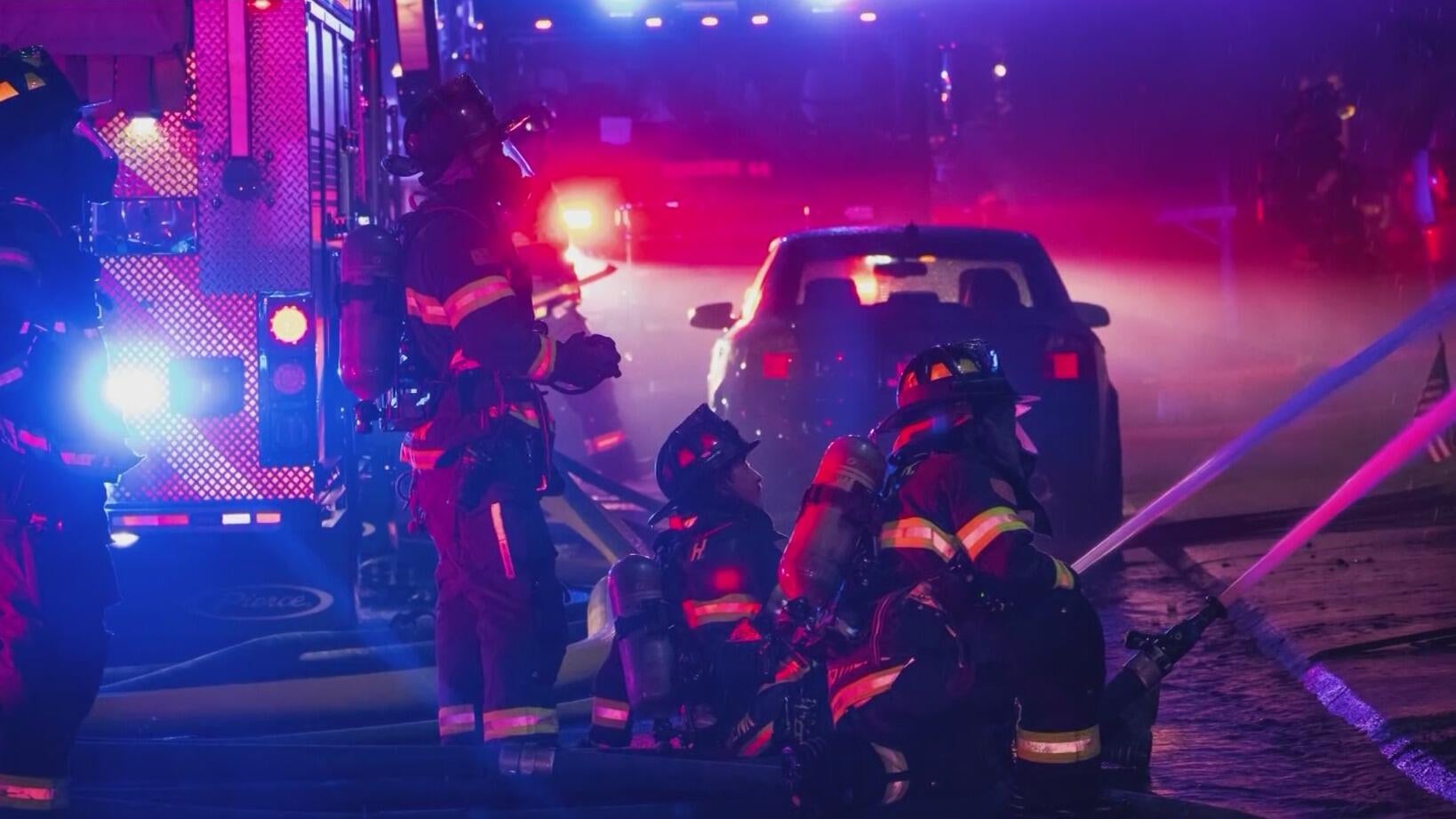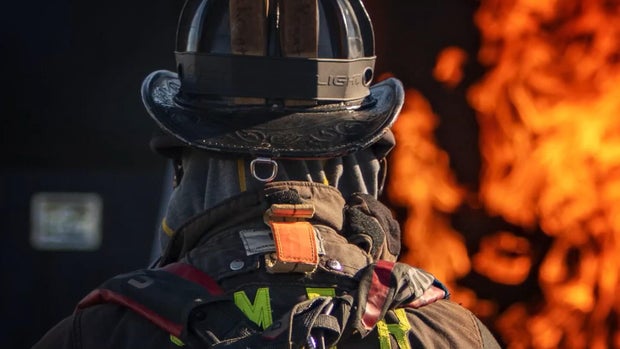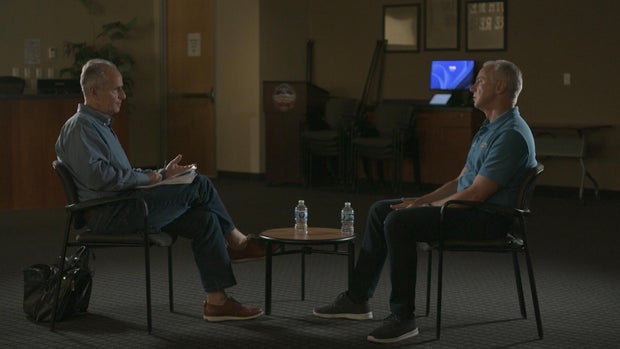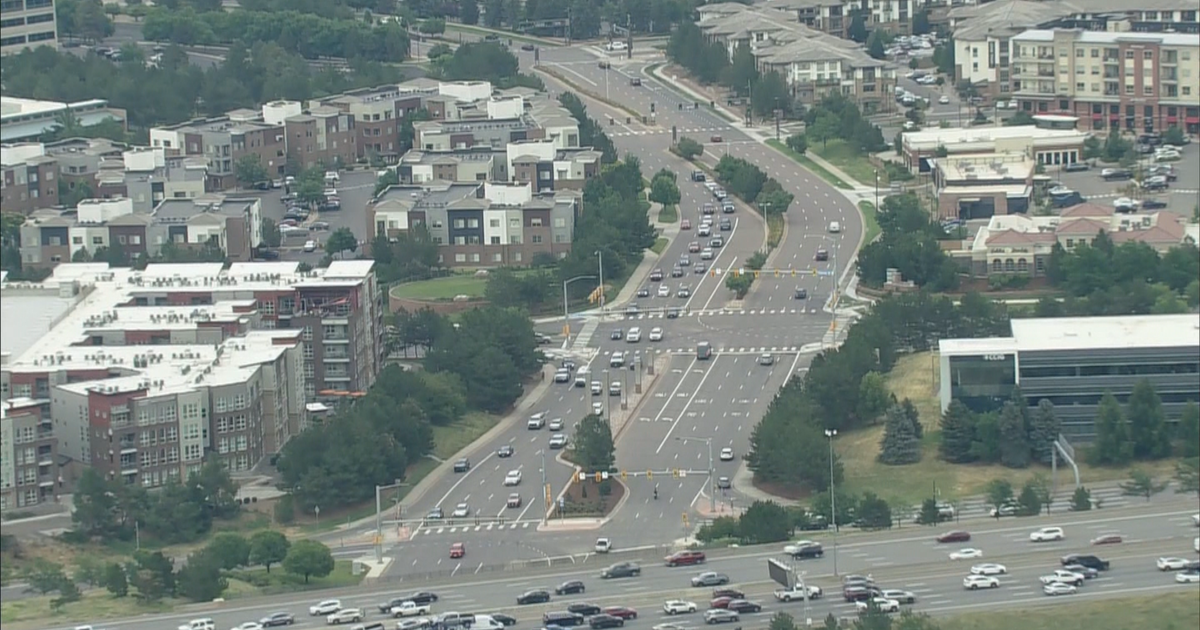One of Colorado's biggest fire departments forecasts $500 million shortfall over next decade: "It's a big amount"
South Metro Fire Rescue, which serves nearly 600,000 residents in Arapahoe, Douglas and Jefferson counties, is forecasting a $20 to $30 million shortfall in 2026, followed by yearly budget shortfalls of $50 million a year for the next decade. The fire protection district says state property tax relief measures are forcing them to consider seeking tax increases or reductions in service.
"It's a big amount," said Jim Albee, chairman of the board that oversees the nearly 800 member fire department. "Every dollar counts," said Albee who added, "we are going to evaluate every dollar."
Albee and the department say their shortfalls are brought about by years of rising costs, inflation, increasing calls for service and new state legislation that reduces property taxes and caps property tax rates. The department derives 80% of its revenue from property taxes, according to Albee.
But with 80% of the department's budget going to employee salaries and benefits, the department will likely reflect on its most recent contract, providing firefighters with a 10% salary increase this year, followed by increases the next two years that will bring the three-year salary increases to between 17.5% and 19%. By comparison, the Denver Fire Department agreed in May to a tentative two year contract with the city calling for a 5% increase next year and another 5% increase the following year.
Albee said the larger salary increases are to make up for the previous contract, which granted 8% salary increases over three years.
To address the looming budget shortfalls, SMFR is considering three scenarios:
- Asking district residents to vote to increase their property taxes, something Albee says has not happened in 20 years
- Seeking a .5% sales tax within the district which would generate an estimated $50 million for South Metro each year
- Cutting services, which might lead to higher response times
"We will look at everything," said Albee.
He said preliminary surveys conducted by the department have so far indicated district residents are most in favor of the new sales tax, rather than voting to increase their property taxes or see fire service diminished with increased response times.
The department has been widely known in the fire service as being "best in class," offering equal or higher salaries than other similar sized departments, and health and wellness benefits that are top tier.
SMFR has on staff three strength and conditioning coaches, with the lead strength and conditioning coach earning $111,000 annually.
Also on staff are:
A chief of human performance who earns $239,000
An athletic trainer who makes $104,000
An e-learning specialist who also makes $104,000
There's also a cognitive performance coach, a health and wellness officer, a physical therapist and a wellness doctor who is paid $250,000 per year.
Albee said he considers it "a duty of this department to make sure the people are taken care of as well as possible and we're taking care of first responders as well as they're taking care of us. It's what the market informs us is what's needed and necessary to attract and retain the talent we need to serve our community," said Albee.
The South Metro board chairman said overall, these positions essentially are "cost neutral" as they pay for themselves by helping prevent injuries that would equate to lost time, or by helping rehabilitate injured firefighters and get them back to work faster than would otherwise be possible.
But cutting benefits is on the table, said Albee, who said all expenses are being evaluated.
He said by early August the department will begin making decisions about what direction -- or directions -- it needs to go to address its budget problems.







